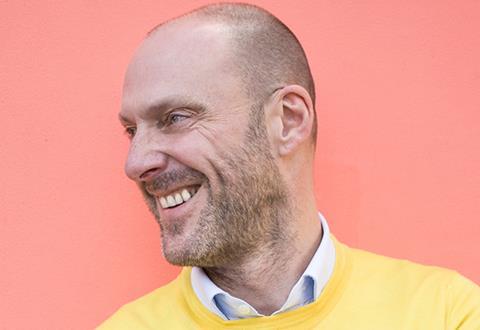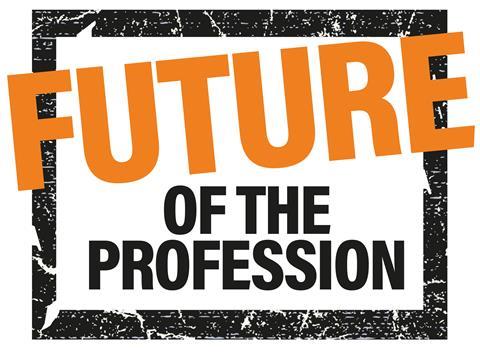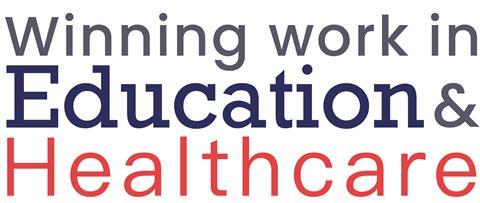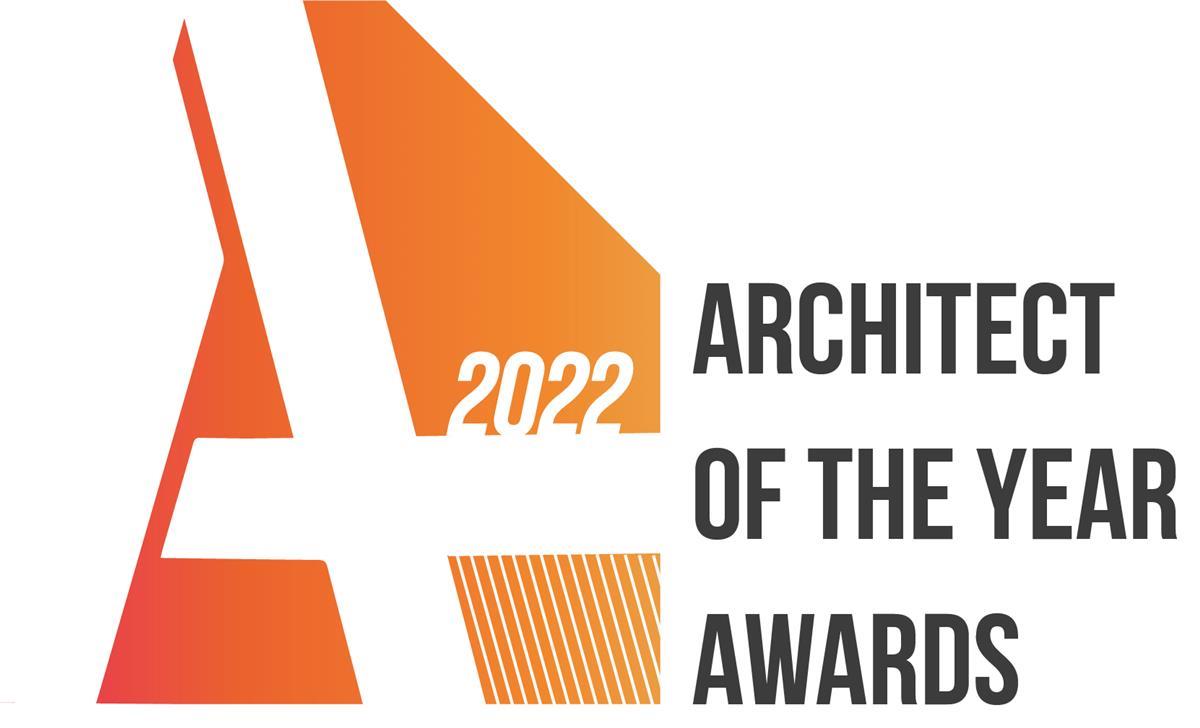It’s time to shake up our thinking, writes Martyn Evans

One of the signs that life is heading back towards some kind of normal is the increasing number of invitations in my inbox to in-person conferences and seminars. I’ve really missed the networking, learning and inspiration that comes from regular attendance at these kind of events, but I can’t stop my heart sinking when I open yet another email asking if I’d like to listen to a familiar cast of characters debate the latest on the Build To Rent sector.
世界已经改变了。我们都知道这一点。但是,当我们急于在熟悉的事物中寻找安慰时,我们可能会在同样的辩论中重复同样的问题,用同样的答案,而这些答案已经不再相关了。
Take a walk through some of the key sectors in our industry. Retail has changed for good. Before we had even heard the word covid we knew that the traditional retail models were under pressure. Online shopping had already weaved its tentacles around our city centres and out-of-town malls. Debenhams gone, House of Fraser decimated, even doughty, reliable John Lewis in trouble. Research carried out by my own company has shown that the winners in this battle are local high streets where those working from home for at least part of the week have brought a new injection of interest in retail centres within walking distance of their own front doors. But what of Meadowhall, Trafford Centre and Thurrock Lakeside? What’s to become of them? Will they bounce back or are they, in their current formats, in considerable trouble?

那么传统的办公室呢?当我们都还在努力为我们的员工寻找合适的模式,提供正确的办公室和家庭工作的融合,我们如何决定设计什么?对办公环境的长期需求是什么样子的?
我不确定这些问题的答案,也不确定从我们周围的传统角色中可以找到我们新世界提出的上百个问题的答案。当我们需要思考的问题是我们从未问过自己的问题时,为什么我们认为我们会在我们一直在寻找的地方找到答案?
I am longing to open an email with an invitation to a property conference that asks me to choose between seminars with a child psychologist and a community sports organiser. I want to hear from teachers about how they think children are going to learn in the future if formal schooling is periodically going to be interrupted.
Interior design, a part of our industry that is often not given the credit it deserves in creating places that make people happy, is now more important than ever because we are using our homes completely differently than we were two years ago. Information and inspiration for how we design homes for the future has to be enriched by people who understand ergonomics, family psychology and how we keep our houses, apartments and shared public spaces cleaner and safer, particularly for the more vulnerable members of our communities.
How about a conference where there are NO traditional professions on the platform, just in the audience? How about we come there with NO pre-conceptions about what we might learn? One of my lockdown pleasures has been to re-read all of Malcolm Gladwell’s books and to listen to Matthew Syed’s Sideways podcast. Both of these writers trade in approaching life from previously unconsidered directions, asking us to think laterally about things we might otherwise take for granted.
I have written before about how little time in our industry we spend doing market research – asking our customers how they want to live rather than just telling them what’s best. Maybe our current situation calls for a slight tweak here. Perhaps we need to inspire them as well as asking them, by opening our own minds to new thinking about what life is going to be like in the coming years. It’s how Apple became the most valuable company on Earth. We could learn a thing or two, I’m sure.
Postscript
Martyn Evans is creative director of U&I
















No comments yet